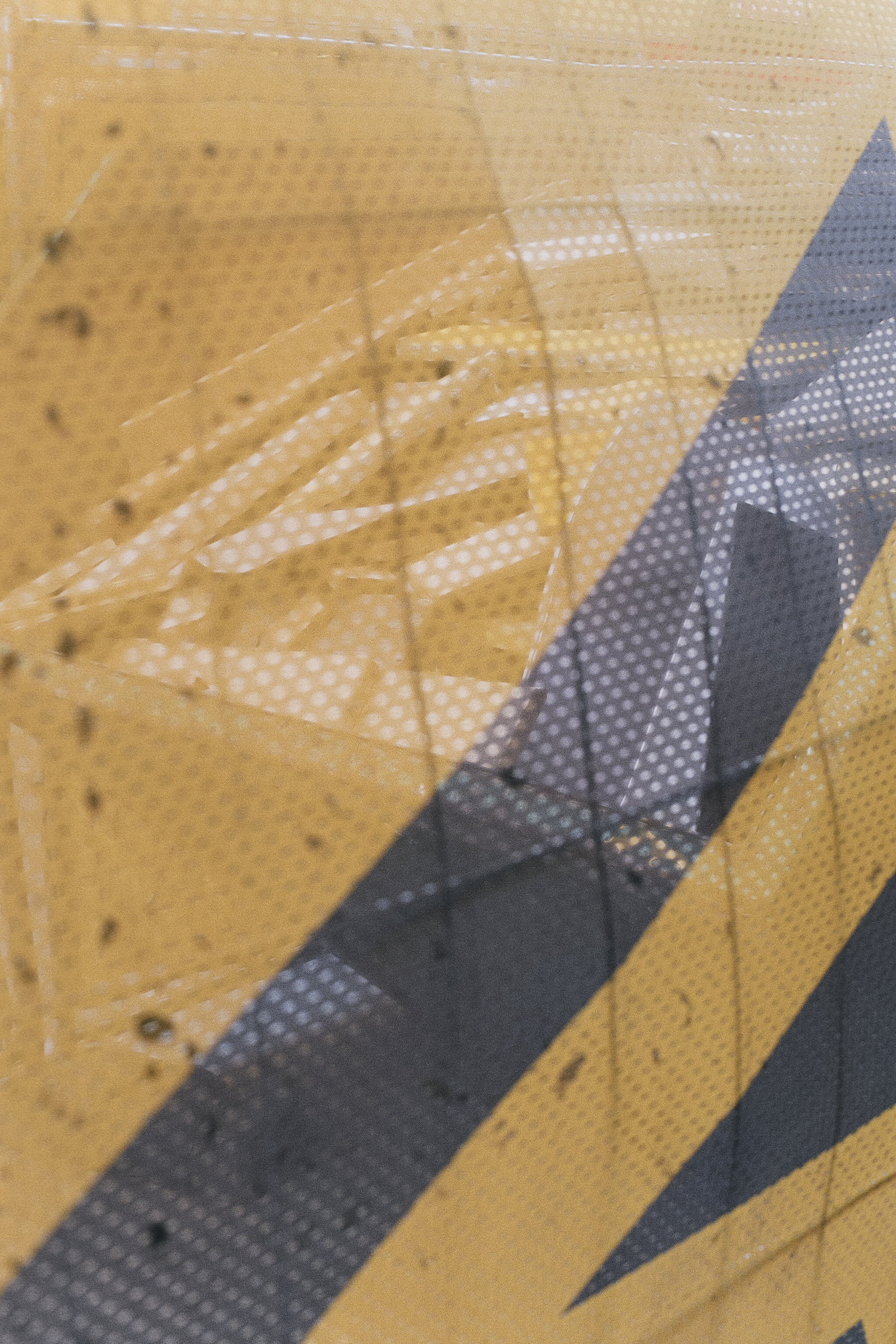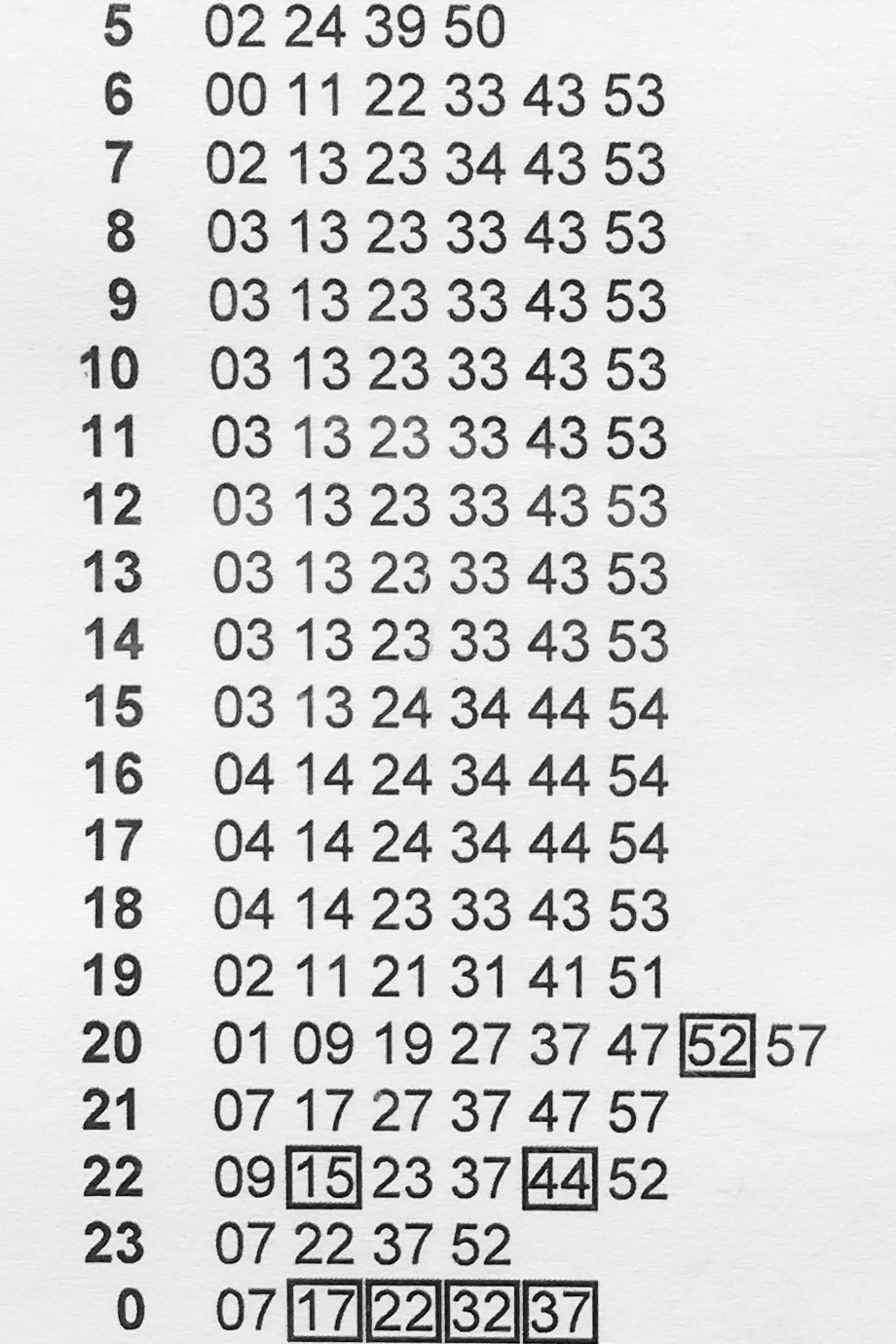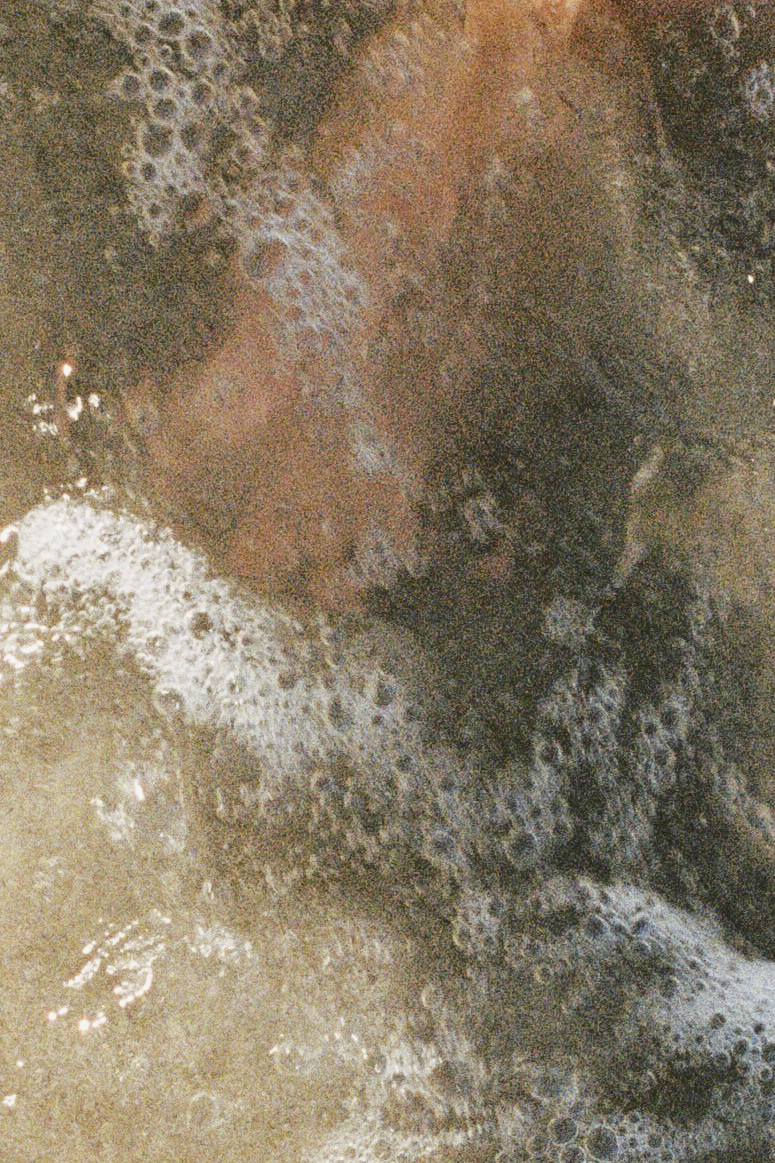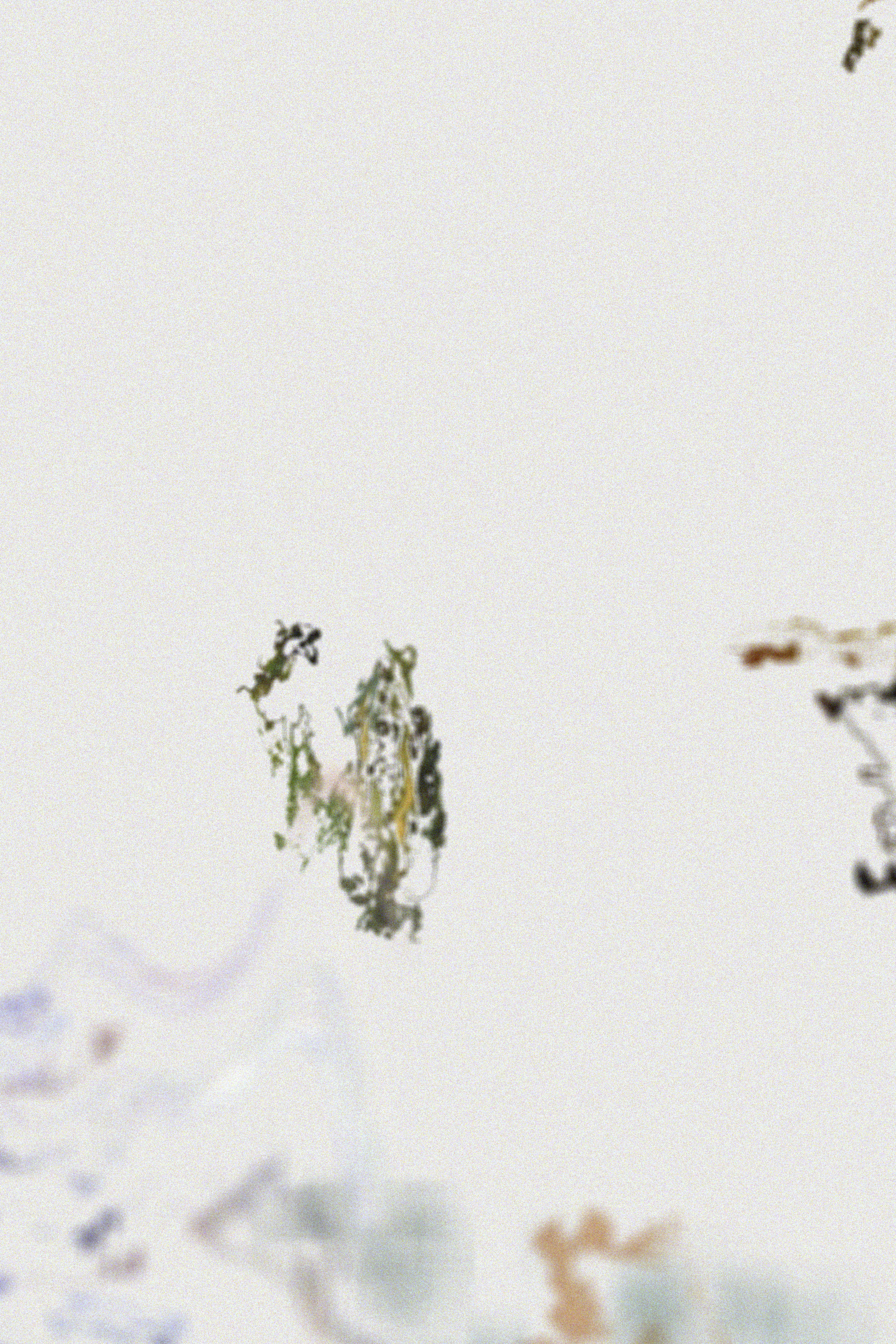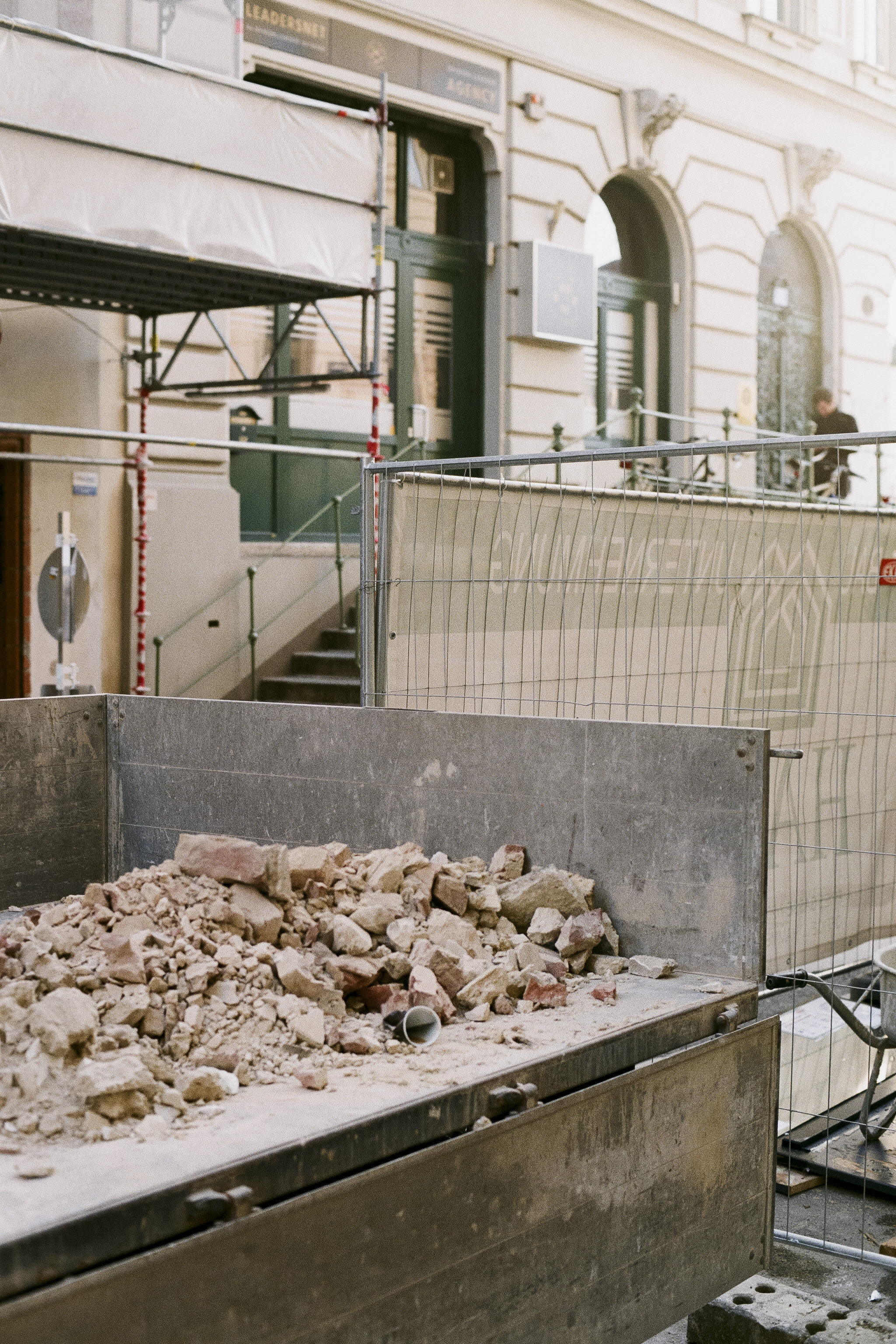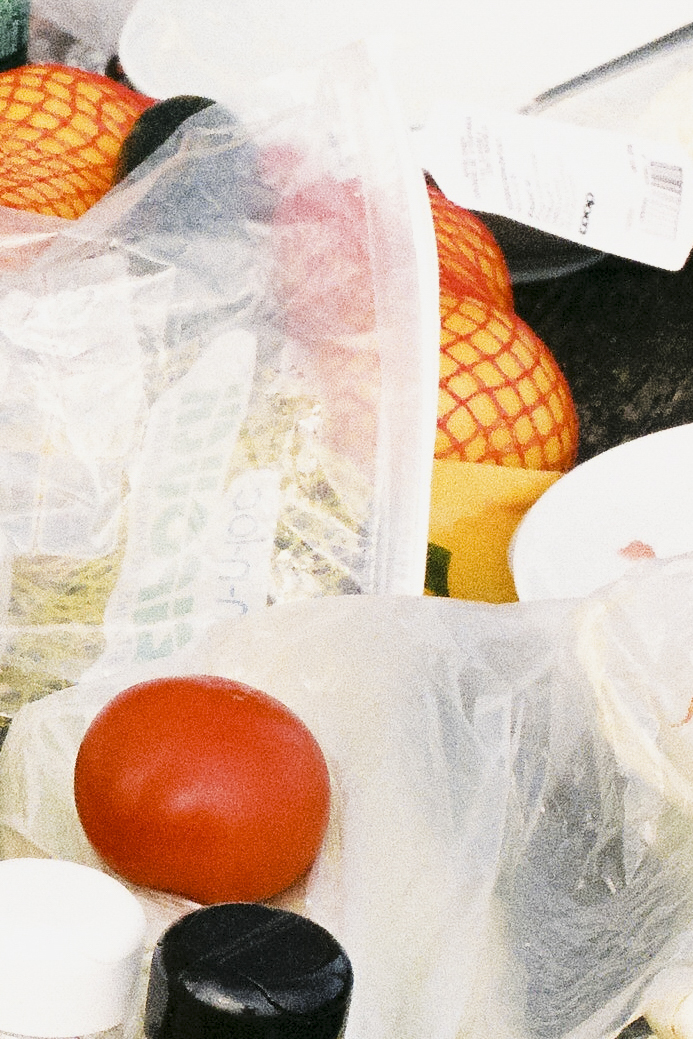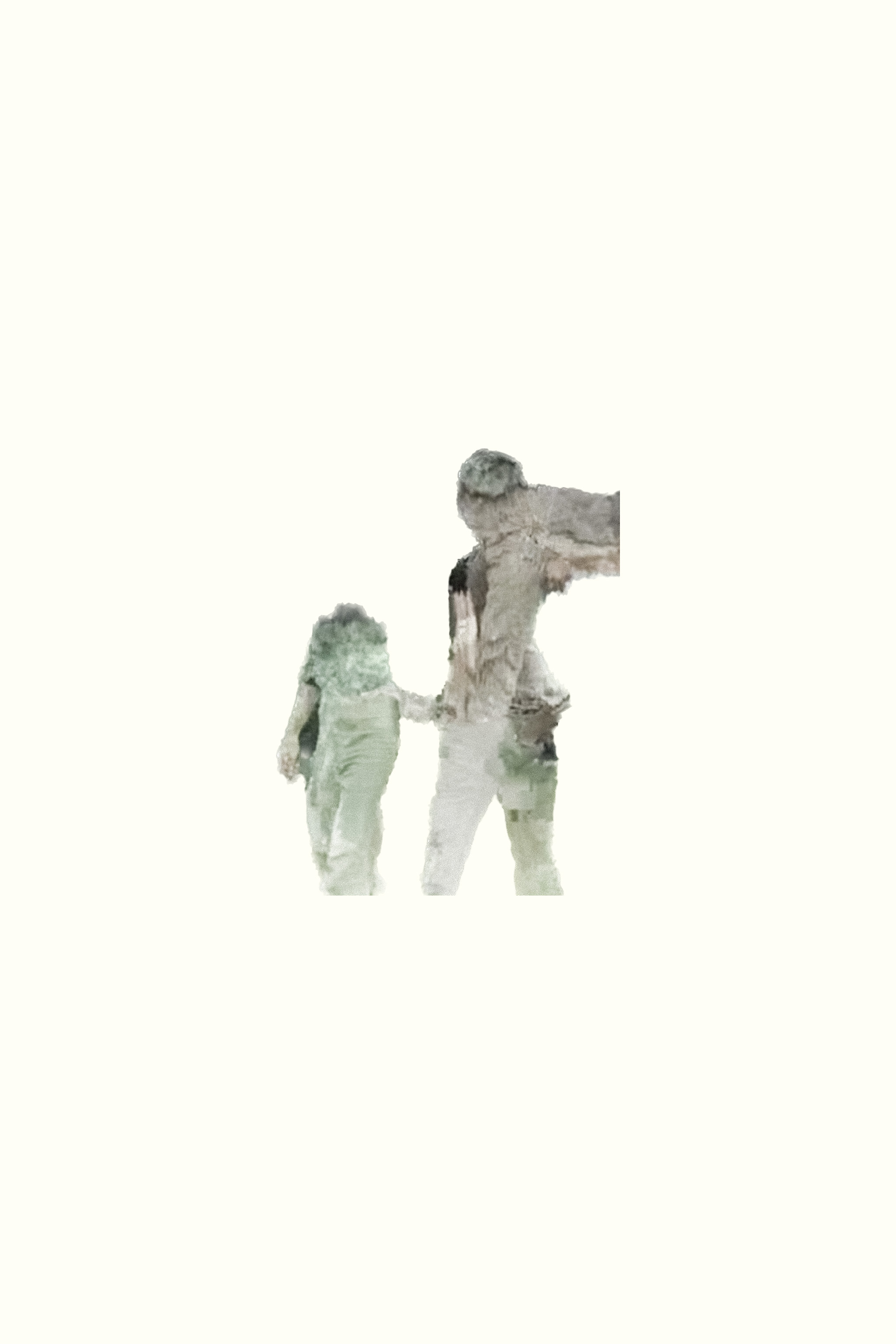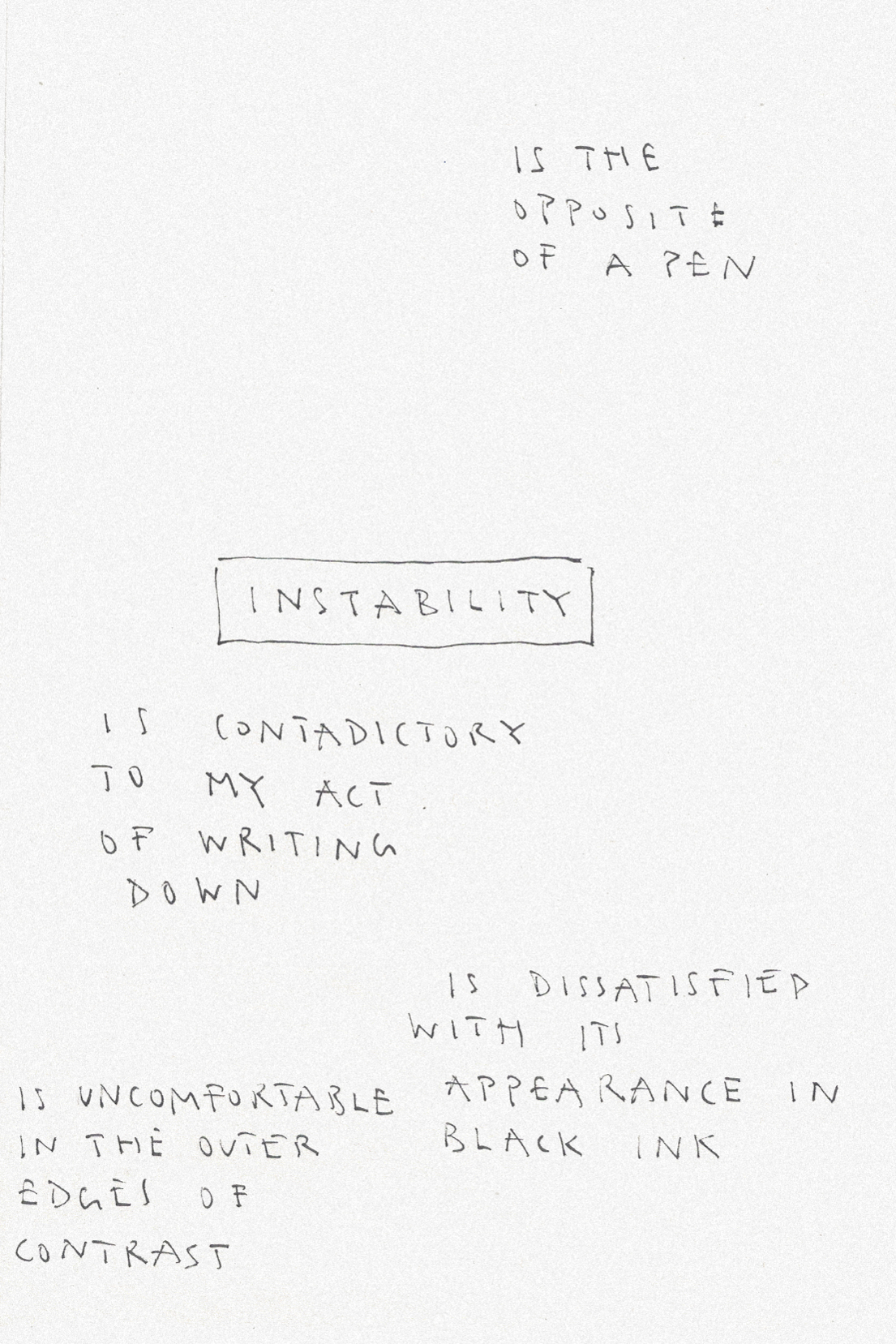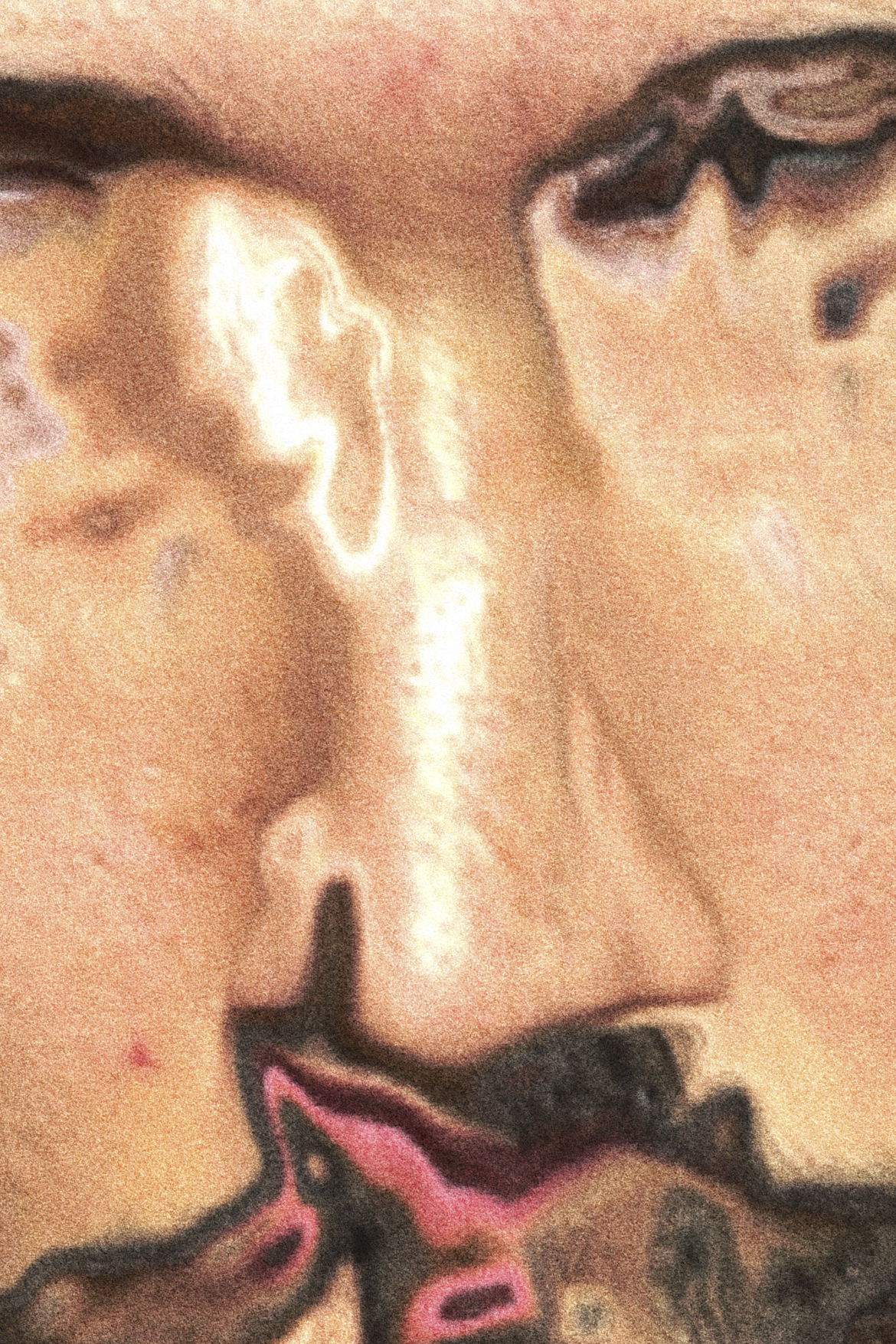Against the background of the climate crisis and the growing focus on sustainability, this thesis addresses the question of how to attend to material in a human-centered, “accelerated” world. Beginning with the question of how to act reasonably within architectural practice, it widens to address more fundamental questions: the relationship between humans and nature, the understanding of matter, and the notion of “we”. Tackling these questions through theory and experiment forms a philosophical approach to the world – one that begins from intricate relations and immersion. Through the terms of material and tempus, a space is created in which voices can emerge, in which matters of the “we”, its material, and the making of world can be continuously negotiated. It is concerned with how to attend and how to talk—the forming of a tentative language to be close and be of the world.
Whether built structures, raw matter, or untouched earth—the project approaches material in an initially egalitarian manner, an encompassing gesture. This is grounded in the conviction that we must overcome rigid distinctions between resource and waste and instead affirm the metamorphic processes in which we are just as involved as in what we produce and undo again. It is only a matter of how we participate in this ongoing process; and it is a question of time whether we contribute to self-destruction or to shared prosperity and kinship.
Consequently, the thesis finds its place in a material-temporal view of architecture, a weaving motion of matter. It does not shy away from upending existing practice and embarks on a possible reformulation of the profession as such.
Alle hier hochgeladenen Inhalte sind das eigene Werk der Absolventin oder des Absolventen.

